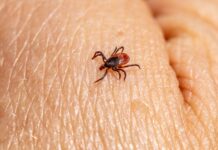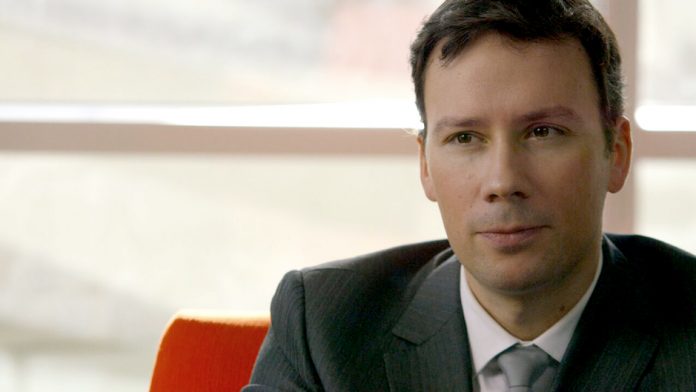David Sinton is a Professor and Associate Chair of Research in the Department of Mechanical and Industrial Engineering at the University of Toronto. We asked everything from why he chose his field of study to what’s on his playlist in hopes of giving you a better understanding of what goes on outside the lab for one of the best minds in Canadian research.
What inspired you to become a scientist?
I’m more engineer than scientist. I was always interested in how things worked, the physical world, that is what drew me to engineering and mechanical engineering in particular.
This job is amazing. The combination of autonomy, prestige, and security is truly unique, most vocations provide only one or two of the three. Most exciting is the opportunity to attract resources and bright young minds and focus them on important challenges and new ideas. Who else gets to do that?
What do you envision for the future of your field?
The energy research field is moving very quickly. The energy sector moves slowly, due primarily to the massive scale and infrastructure-intensive nature of the global energy system. Looking ahead I expect a greater emphasis on assessing potential for scale at the earliest stages of research. This means focusing a research program more on the grumpy business of cost, not the cost of the research but the cost of the ultimate technology. We’re working to improve in that regard. In short, success in energy technology research will be less survival-of-the-coolest, and more survival-of-the-cheapest. Approaches that are both cool and cheap are of course particularly exciting.
What’s on your iPod?
Classics in Rock, R&B, Jazz, and Blues and a few newer bands. I also like boogie woogie piano. Once I find the cord, I’m going to upload on some Whitehorse.
What do you read?
In addition to technical journals, I read the Economist, the New York Times, and a few others. Every few years I read the first half of Catch-22. I love it. I’m not sure why I never make it to the end, nor why I don’t restart in the middle.
What do you like to do for fun?
We have young kids, two boys under 3, Evan and Leo. People tell me all the time to ‘enjoy it’, so I’m focused on doing that. My wife and I are also baseball fans, so the game on the radio accompanies most of our activities April-October.
If you could do any profession other than your own, what would it be?
I always wanted to be an accountant. Cliche I know, everybody says that.
What advice would you give young researchers?
Be organized. Be open with your group. Limit distractions. Have fun.






































